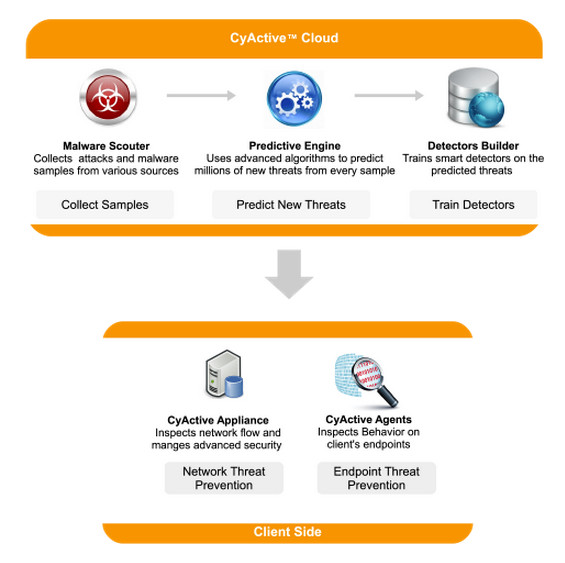I kinda like the old 'cool techies unite' look!
happygeek 2,411 Most Valuable Poster Team Colleague Featured Poster
somjit{} commented: Yes! +0
happygeek 2,411 Most Valuable Poster Team Colleague Featured Poster
happygeek 2,411 Most Valuable Poster Team Colleague Featured Poster
happygeek 2,411 Most Valuable Poster Team Colleague Featured Poster
happygeek 2,411 Most Valuable Poster Team Colleague Featured Poster
happygeek 2,411 Most Valuable Poster Team Colleague Featured Poster
happygeek 2,411 Most Valuable Poster Team Colleague Featured Poster
happygeek 2,411 Most Valuable Poster Team Colleague Featured Poster
happygeek 2,411 Most Valuable Poster Team Colleague Featured Poster
happygeek 2,411 Most Valuable Poster Team Colleague Featured Poster
happygeek 2,411 Most Valuable Poster Team Colleague Featured Poster
Stuugie commented: lol +0
happygeek 2,411 Most Valuable Poster Team Colleague Featured Poster
happygeek 2,411 Most Valuable Poster Team Colleague Featured Poster
happygeek 2,411 Most Valuable Poster Team Colleague Featured Poster
happygeek 2,411 Most Valuable Poster Team Colleague Featured Poster
happygeek 2,411 Most Valuable Poster Team Colleague Featured Poster
happygeek 2,411 Most Valuable Poster Team Colleague Featured Poster
happygeek 2,411 Most Valuable Poster Team Colleague Featured Poster
diafol commented: Agreed +0
cereal commented: nice games! +0
happygeek 2,411 Most Valuable Poster Team Colleague Featured Poster
happygeek 2,411 Most Valuable Poster Team Colleague Featured Poster
happygeek 2,411 Most Valuable Poster Team Colleague Featured Poster
happygeek 2,411 Most Valuable Poster Team Colleague Featured Poster
happygeek 2,411 Most Valuable Poster Team Colleague Featured Poster
happygeek 2,411 Most Valuable Poster Team Colleague Featured Poster
